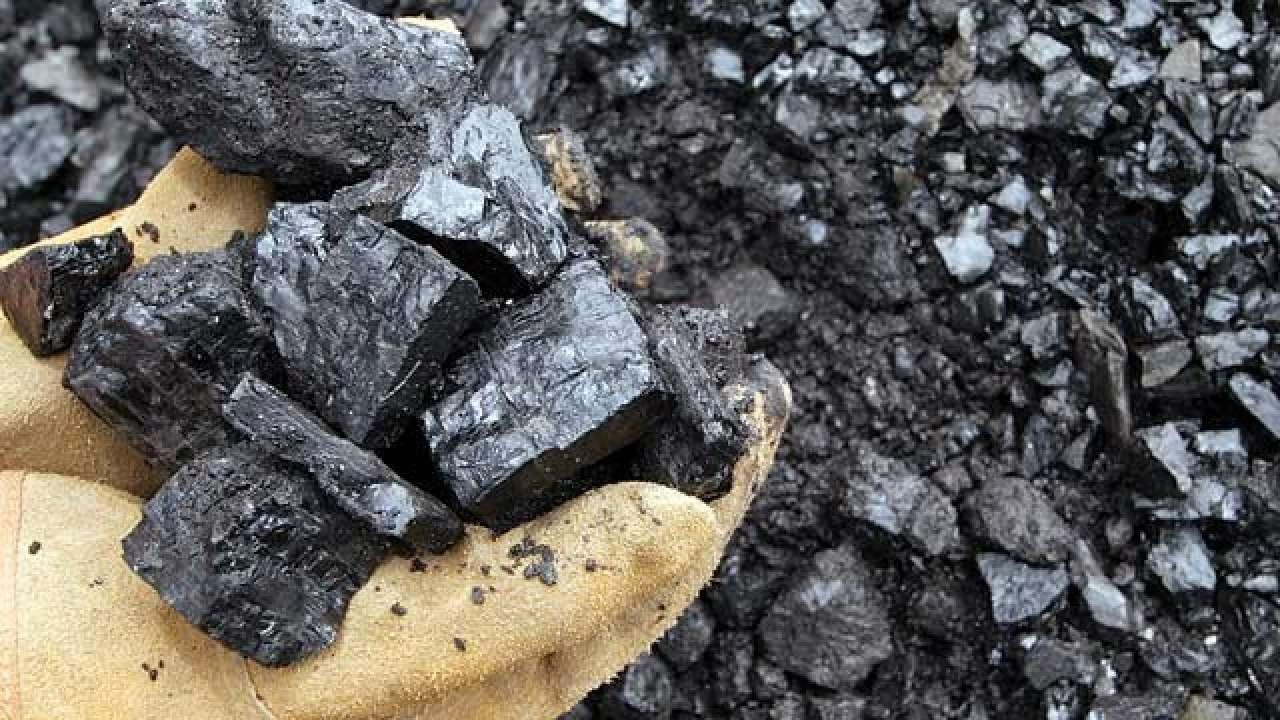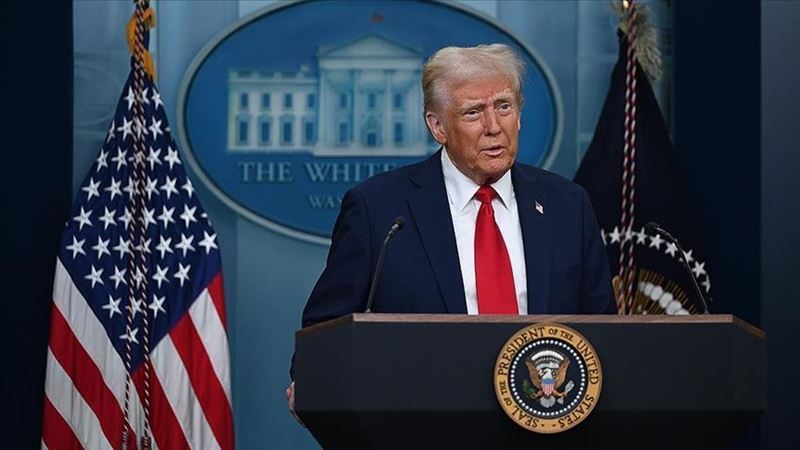This reduction is attributed to rising domestic output and record-high inventories. Out of eleven coal traders surveyed at the Coaltrans India conference in Goa, eight anticipate a decrease in fuel shipments, while the rest foresee either flat imports or marginal growth.
The surge in production and supplies by Coal India, the world's largest miner, has led to stockpiles at power plants reaching record highs exceeding 43 million metric tons. Consequently, Coal India has directed more sales towards non-power sector users like sponge iron and aluminum smelters, traditionally reliant on imports.
Pawan Kumar, head of coal sourcing at SEIL Energy India, predicts a decline of over 3% in thermal coal imports to 170 million tons, while Rodrigo Echeverri, head of research at Noble Resources, forecasts a near-6% decrease. In 2023, India imported 176 million tons of thermal coal, primarily driven by power plants.
Rajat Handa, vice president of international trade at Agarwal Coal, notes the rise in domestic production and the availability of coal at competitive prices, projecting imports not exceeding 160 million tons this year. This shift towards domestically mined coal is prompting many former importers to make the transition.
The projected decline in coal imports could impact key exporters like Indonesia, South Africa, and Australia, which collectively supply about 90% of India's coal imports. Additionally, the global coal market faces oversupply, estimated at 32 million tons in 2024, influenced by factors such as warmer winters, economic slowdowns, and reduced buying from Europe due to high gas inventories.









Comments
No comment yet.